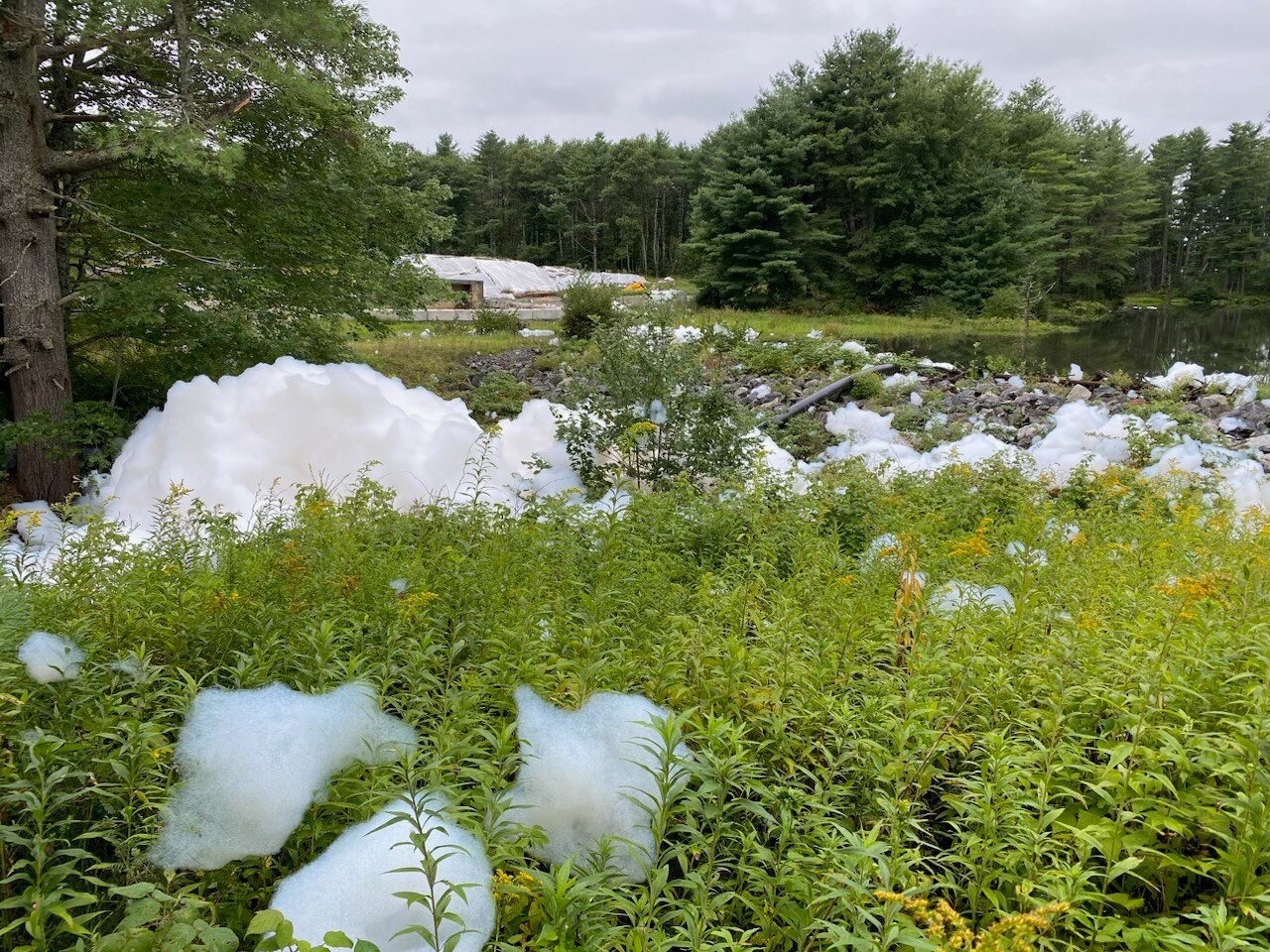
Eliminate Aqueous Film-Forming Foam (AFFF) in Maine!
Support the passage of Support of LD 400, LD 222, LD 407 in regards to PFAS/AFFF
The Surfrider Foundation Maine Chapter is supporting the proposed legislation addressing PFAS contamination, including the urgent need to eliminate the use of Aqueous Film-Forming Foam (AFFF) , improve accountability, and implement safer alternatives.
Toxic chemicals like PFAS threaten marine ecosystems, coastal economies, and public health, making it essential that we take action now to prevent further contamination of Maine’s waters.
PFAS, or "forever chemicals," are among the most persistent pollutants in our environment, bioaccumulating in our waterways, soil, wildlife, and even human bodies. These toxic chemicals are linked to severe health risks, including cancer, immune system suppression, and reproductive harm. Despite their widespread dangers, PFAS continue to be released into Maine’s environment at alarming rates, with disastrous consequences.
The August 2024 PFAS spill at Brunswick Landing is a sobering reminder of what’s at stake. More than 1,450 gallons of AFFF concentrate mixed with 50,000 gallons of water entered the Androscoggin River and Harpswell Cove—critical waterways that sustain ecosystems and local communities. We still do not know the full extent of this contamination, but we do know one thing: PFAS chemicals are 'forever chemicals'. This means our water, fisheries, and public health will suffer long after the initial spill is forgotten.
Fire departments and facilities storing AFFF are left without viable disposal options, leaving them vulnerable to further spills and liabilities. Meanwhile, safer, effective alternatives already exist and are increasingly adopted across the country. By passing the passage of LD 400, LD 222, and LD 407, Maine can protect first responders, prevent future contamination, and take meaningful action against corporate polluters who have long profited at the expense of public health and environmental integrity.
Maine has already been a leader in addressing PFAS chemical pollution. Now, we must continue that momentum by eliminating the use of PFAS-laden firefighting foams, investing in remediation efforts, and ensuring that industries using these toxic chemicals are held accountable for their impacts.
If you would like to learn more about these bills please contact climate@maine.surfrider.org
